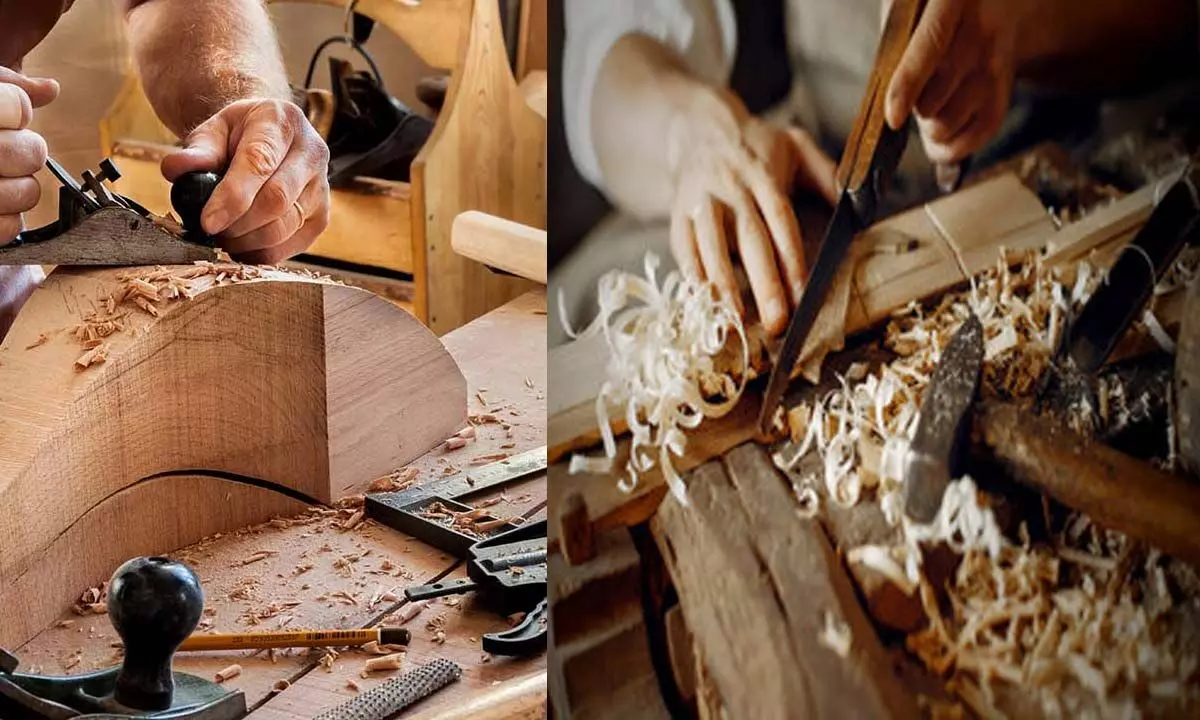Essential skills needed for a career in the furniture industry

A career in the furniture industry offers a diverse range of opportunities, from design and manufacturing to sales and marketing. To succeed in this industry, one must possess a blend of technical skills, creative flair, and business acumen.
A career in the furniture industry offers a diverse range of opportunities, from design and manufacturing to sales and marketing. To succeed in this industry, one must possess a blend of technical skills, creative flair, and business acumen.
Design Skills
Central to the furniture industry is design. Professionals in this field need to be proficient in design principles and have a strong sense of aesthetics. They should be familiar with various design software such as AutoCAD, SketchUp, and Adobe Creative Suite. These tools enable designers to create detailed plans and 3D models of furniture pieces, allowing for accurate visualization and modifications. Additionally, a good understanding of ergonomics, trends in interior design, and customer preferences is crucial.
Craftsmanship and Technical Skills
Craftsmanship is the backbone of furniture production. Skilled artisans and technicians must have a thorough knowledge of woodworking, upholstery, and metalworking techniques. This includes understanding the properties of different materials like wood, fabric, leather, and metals, as well as mastering tools and machinery used in furniture making. Precision, attention to detail, and a commitment to quality are essential traits for anyone involved in the hands-on creation of furniture.
Marketing and Sales Skills
Beyond creation, the ability to market and sell furniture effectively is vital. This requires skills in market research, brand management, and customer relationship management. Sales professionals should be adept at understanding market trends, customer needs, and competitive landscapes. They need to develop compelling sales pitches, create engaging marketing campaigns, and utilize various channels to reach potential buyers. Effective communication and negotiation skills are also crucial in closing sales and maintaining client relationships.
Business and Management Skills
For those aiming at leadership or entrepreneurial roles within the furniture industry, strong business and management skills are indispensable. This includes knowledge of supply chain management, inventory control, and financial planning. Understanding the logistics of production and distribution, managing budgets, and ensuring profitability are key responsibilities. Leadership skills are also important for managing teams, fostering a positive work environment, and driving company growth.
Innovation and Sustainability
The furniture industry is continually evolving, with innovation and sustainability becoming increasingly important. Professionals need to be open to new technologies and methods, such as computer-aided manufacturing (CAM), and should stay updated with industry advancements. Sustainability is another critical aspect; knowledge of eco-friendly materials, sustainable design practices, and environmental regulations is highly valued. Being able to innovate while keeping environmental impacts in check can set professionals apart in this competitive industry.
Problem-Solving and Critical Thinking
Problem-solving and critical thinking are vital across all areas of the furniture industry. Whether it’s addressing design challenges, optimizing production processes, or resolving customer complaints, the ability to analyze situations and develop effective solutions is essential. This includes troubleshooting technical issues, making strategic business decisions, and improving operational efficiencies.
Interpersonal Skills
Finally, interpersonal skills play a significant role in the furniture industry. Collaboration is often required among designers, craftsmen, sales teams, and clients. Effective communication, teamwork, and empathy help in understanding and fulfilling client needs, leading to better customer satisfaction and successful project outcomes.
In conclusion, a career in the furniture industry demands a multifaceted skill set encompassing design, craftsmanship, marketing, business management, innovation, problem-solving, and interpersonal skills. Mastery of these areas can lead to a rewarding and dynamic career, with opportunities to create beautiful, functional furniture that enhances living and working spaces.
















